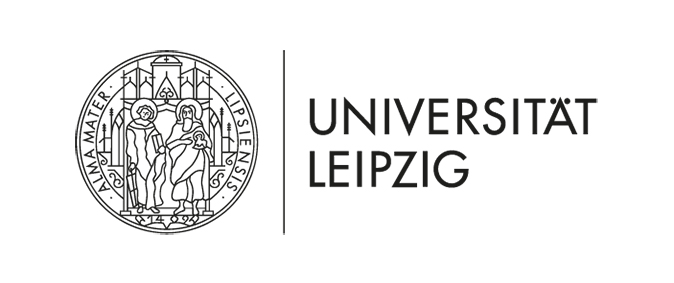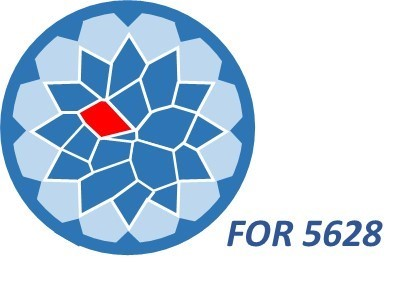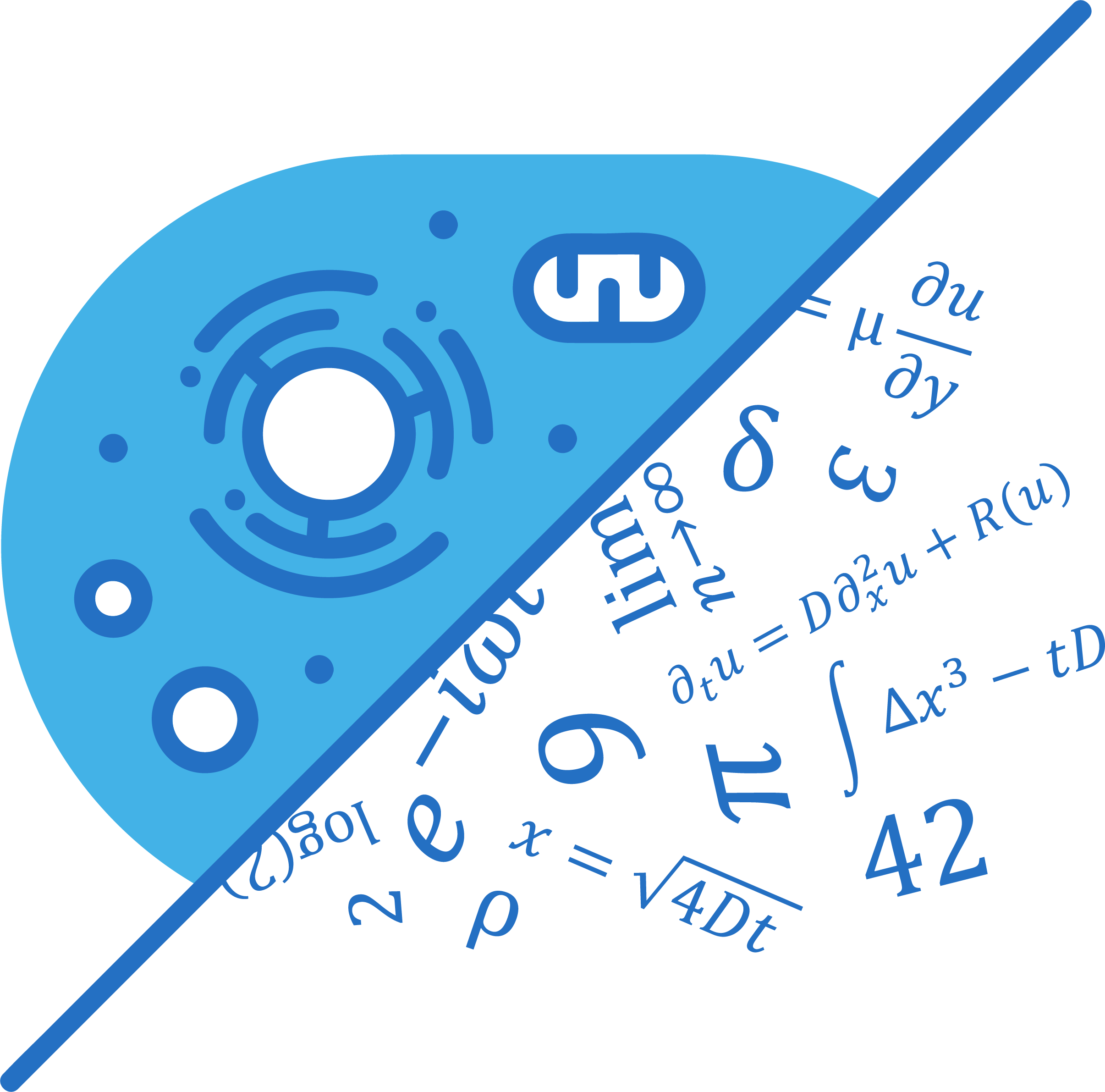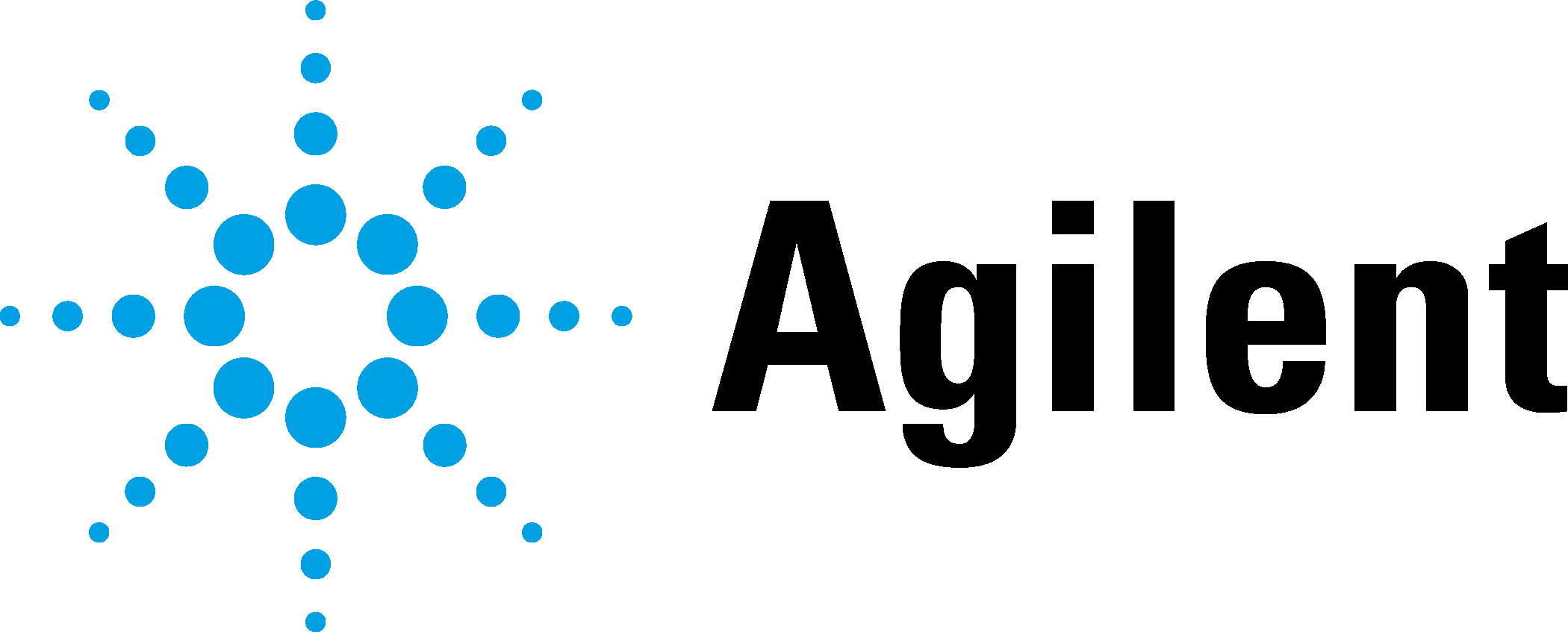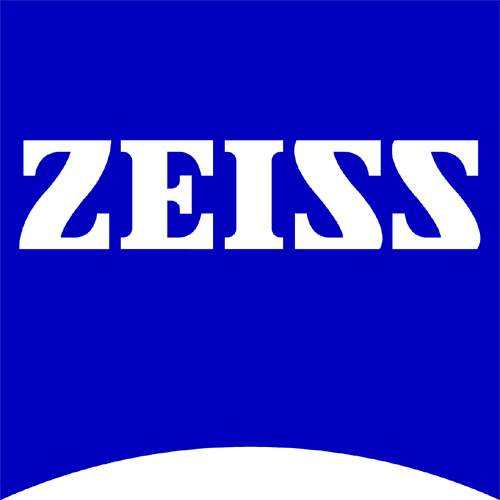|
15th Annual Symposium Physics of Cancer Leipzig, Germany Sept. 30 - Oct. 2, 2024 |
PoC - Physics of Cancer - Annual Symposium |
|
|
We had a great time - hope to see you in 2025! 15th Annual Symposium "Physics of Cancer" taking place from September 30 - October 2, 2024 at Leipzig University, Germany. With more than 19 million new cases and nearly 10 million deaths worldwide in 2020, cancer ranks as a leading cause of death and remains a major focus of basic, translational, and clinical research. The stages of cancer progression - from a growing primary tumor to the formation of distant metastases - are guided not only by intensively studied biochemical cues, but also by less well-understood physical cues. By identifying physical patterns and constraints in tumor behavior and the immune response to cancer, the "physics of cancer" community aims to advance both basic cancer research and novel translational efforts to improve cancer diagnosis and treatment.
The 15th International Physics of Cancer Symposium in Leipzig will bring together leading experts and outstanding young scientists working at the interface of physics, bioengineering, immunology, and oncology - to facilitate a lively academic exchange, to foster a "common language" between basic scientists and clinical practitioners, and to provide an important networking platform for young scientists.
Christoph Mark
FAU Erlangen-Nuremberg, Germany -- Organizing Team PoC 2024 -- This year's scientific program features four focus sessions that aim to bridge the gap between traditional topics, new emerging research areas, novel experimental methods, and innovative diagnostic and therapeutic approaches:
We cordially invite you to join us and participate in this year`s Physics of Cancer symposium for an interesting and insightful meeting!
Confirmed speakers (in alphabetical order)
Josef A. Käs
Ben Fabry
Mareike Zink
Christoph Mark
Anna Taubenberger
Jörg Schnauß
|
